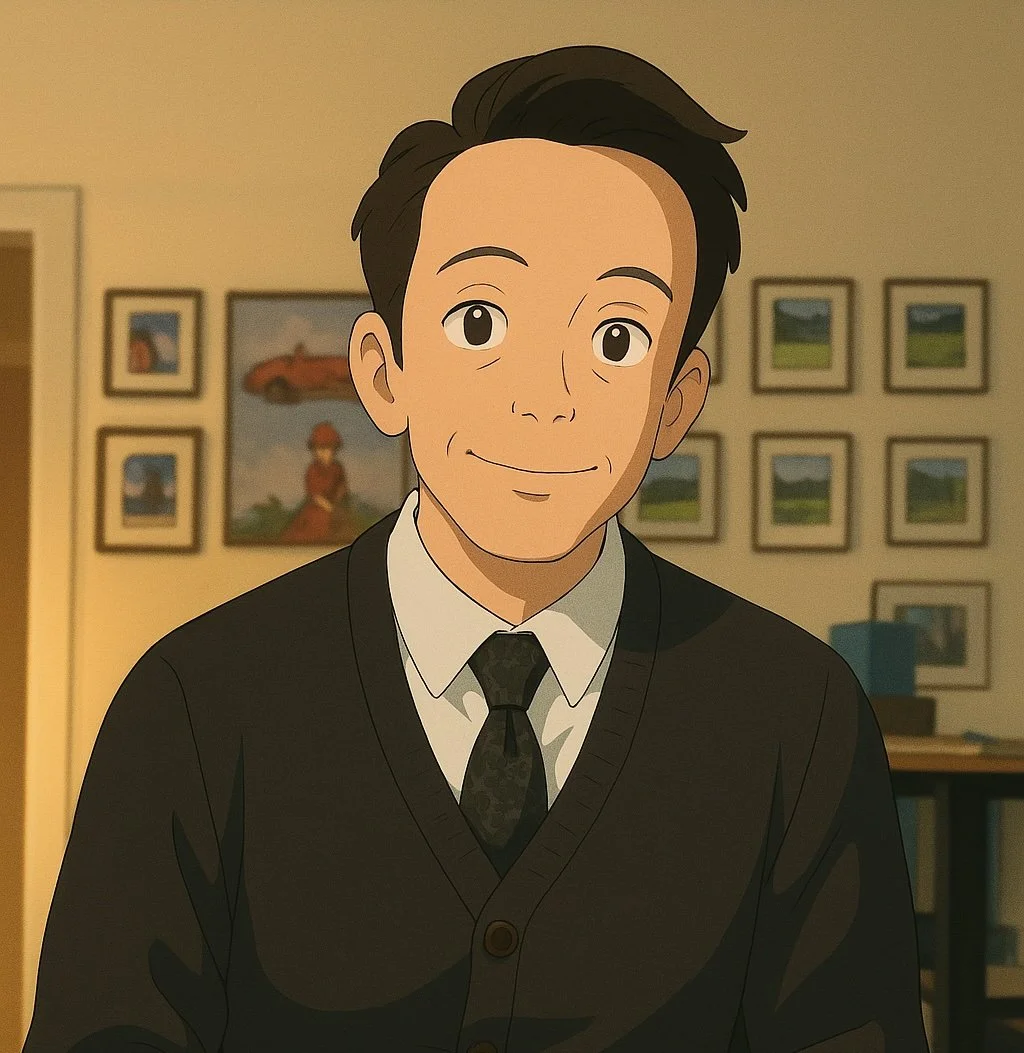Chapter 3: The Disappearance of Names
Excerpt from my upcoming memoir.
Want to be on the closed-group reading list?
Sign up for my newsletter.
In the new Cambodia, names became a threat. Not the ones given at birth, but the ones that carried memory—teacher, soldier, merchant, student, doctor. Titles became targets. Histories became crimes.
So my parents disappeared their pasts. My mother, who had once moved with confidence through the rhythms of Phnom Penh, took on the stillness of someone trying not to be seen. My father, who had learned to read before he could tie his shoes, stopped speaking in full sentences.
“To survive,” my father told me, “you had to forget who you were. You had to forget that you remembered.”
Names were the first to go.
My father, once the proud eldest son of a large family, stopped hearing his name spoken aloud. His sisters called him “Bong,” the Khmer word for older brother—but even that faded. The risks were too high. The more you cared for someone, the more dangerous it was to be connected to them. Love had to be camouflaged. Intimacy had to be disguised as indifference.
People disappeared not just physically but socially, spiritually. They let go of what made them individuals. No more nicknames. No terms of endearment. No inside jokes. Laughter was suspect. Smiling too freely could raise eyebrows. Every conversation became a negotiation of risk.
Names, especially, became dangerous.
Given names—the ones whispered at birth, the ones lovingly shortened by siblings or spoken with pride by teachers—were set aside. Nicknames, affectionate or playful, became liabilities. Even family names, which once carried legacy and pride, were scrubbed clean. In their place: comrade. Everyone was comrade. Men. Women. Children. Elders. Friends. Strangers. It was the only word that mattered in a world where sameness was safety.
And every face had to wear the same blank expression. Fear taught people to flatten their emotions until even joy looked like submission. A raised eyebrow could be interpreted as defiance. A side glance could suggest conspiracy. So people learned to smooth themselves out, to live as silhouettes. Present, but without contour.
My father’s words—we became invisible—were not metaphor. Invisibility was the mask worn by the living. It was the only way to avoid joining the ranks of the disappeared.
And not just in the literal sense of vanishing into prison camps or shallow graves. People disappeared inwardly. They shrank themselves. They dulled their own light. They folded their personalities into something pocket-sized and tucked it away in silence. To be seen was to be vulnerable. To be remembered was to be marked.
This erasure extended into the family. Husbands stopped calling their wives by name. Parents avoided saying their children’s names aloud in public. In some cases, they gave children new, simpler, names to protect them. Spouses became indistinct. Siblings addressed each other in terms of age and obligation, not affection. Bong, Oun, Pu, Ming—these words survived, but even they took on a muted quality. They were no longer just terms of respect. They became part of the architecture of concealment.
I often wonder what it does to a person, to have to erase themselves in order to stay alive. What it does to a marriage, when love must be stripped of its voice. What it does to a parent, when the name of their child becomes too dangerous to speak. What it does to the mind, to spend years pretending not to feel, not to remember, not to hope.
Survival came at the cost of selfhood. And for many, the silence didn’t end when the war did. The habit of hiding lingered. It became intergenerational. Even in peacetime, even in safety, even decades later—I grew up surrounded by people who still spoke carefully, who still moved with caution, who still flinched when asked to remember.
They had become invisible once.
And some part of them never fully came back.
